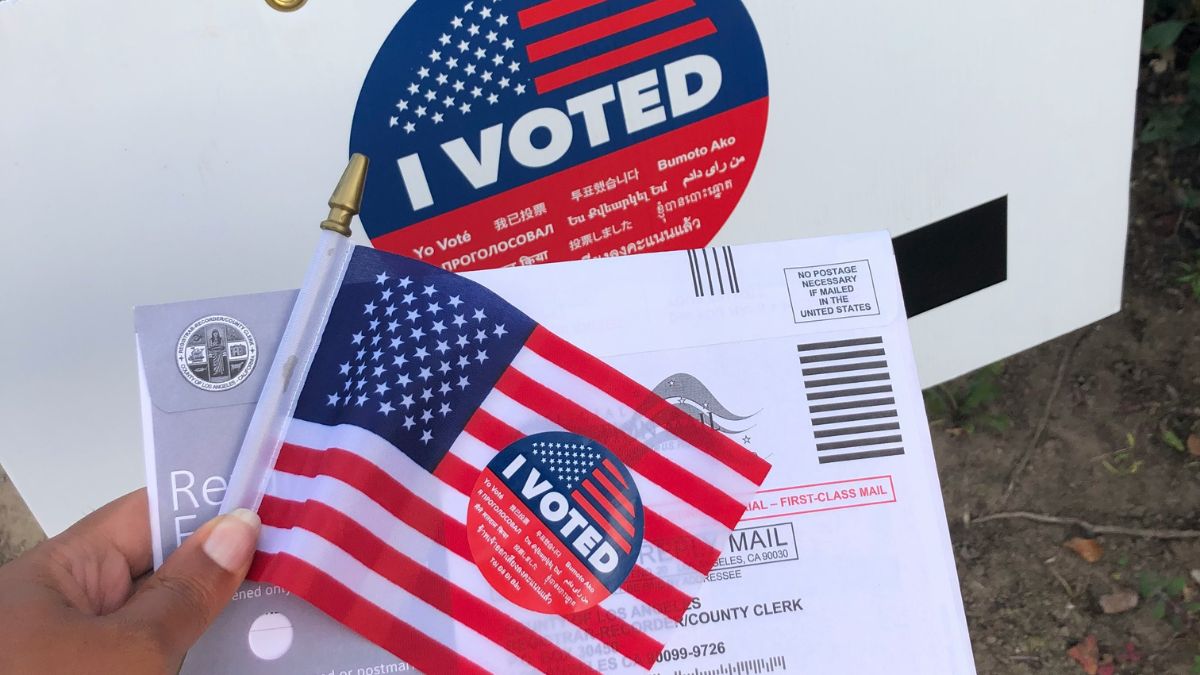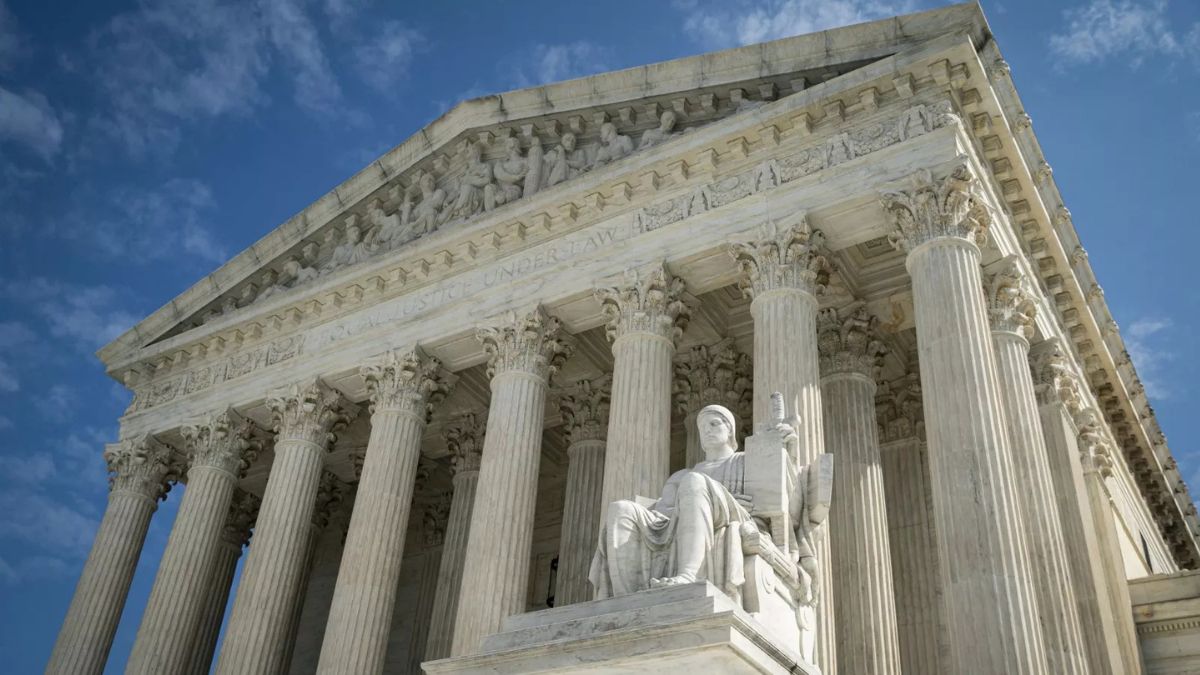

Are We Too Political?
Confidence in the Lord should give Christians the right balance of political engagement.
10/2/24
John Stonestreet and Jared Hayden

Presidential elections are treated as the pinnacle of democratic engagement and American civic duty. Historically, voter turnout during presidential election years is about one and a half times (around 60% of eligible voters) that of midterm election years (around 40% of eligible voters). In recent years, voter turnout has reached record highs in both presidential and midterm election years. The more that Americans trend toward relying on the government to solve problems and provide for needs, while simultaneously distrusting the other side, the more these numbers are likely to grow.
Political engagement, especially in this politically charged season, is an especially difficult thing for Christians to navigate. Christians in America tend to be more politically engaged and to vote than their non-Christian counterparts. This frequently brings accusations of “Christian nationalism,” but only for Christians on the political right. Though plenty of data suggests they are actually more political than their conservative counterpoints, liberal Christians are rarely accused of “getting too political.”
To be sure, the confusion of politics and faith happens on both sides of the political aisle and across the denominational spectrum, and much of the “mixing” is happening from the outside in. Back in 2021, political scientist and statistician Ryan Burge noted that “millions of Americans are being drawn to the evangelical label because of its association with the G.O.P.” Many are neither regular churchgoers nor have any real attachment to Christian doctrine. This is another way, as Burge said, that “what it means to be evangelical is being radically remade.”
In fact, so much of our wider culture is being remade by all of the political heat. On one hand, citizens should vote. Christians, especially, should vote as a way of doing good and loving our neighbor. On the other hand, it’s not good when the political sucks so much air out of the cultural room. Currently, politics is carrying far more cultural weight than it is able to bear.
For Christians, the confidence that Christ is Lord is the ground from which to engage politics. God has called us to be in the world even as we are not of it. He chose to put us in this cultural moment (see Acts 17). Within a Christian worldview, one that sees every sphere of life as important and under the reign of Christ, the political is neither inflated nor trivialized. Christians can be engaged in politics without the other parts of our life together being subsumed by it.
Christian political engagement must begin with a proper understanding of citizenship. We are, first and foremost, citizens of the City of God. As such, we strive to live in accordance with God’s law, to self-govern according to the love of God and neighbor. When we do this, not only is it unnecessary to have a law, Supreme Court decision, or a bureaucratic agency for every issue, but we are the best citizens of the city of man to which we have been called.
Second, our most important commitments, to love God and love neighbor, shape our values, which shape our vote. The issues that we prioritize, whether the rule of law or the protection of the preborn, are first and foremost moral concerns with political implications … not the other way around. To be sure, to advocate for these values is to be accused (as I recently was) of Christian nationalism. We cannot concern ourselves with name calling or disdain, nor should we believe that “all will be lost” if a vote doesn’t go our way
Finally, Christian political engagement should hit its fever pitch not during elections. The only way to relieve the political pressures of our day is to build up the pre-political aspects of our life together, especially the family and the Church. When we care well for our children, our neighbors, and our communities, the state doesn’t have to
Of course, there are plenty of folks who believe that the government should do all the work, but they are wrong. There is a better way, and we must know how to articulate it and be willing to live it, too.
This Breakpoint was co-authored by Jared Hayden. If you’re a fan of Breakpoint, leave a review on your favorite podcast app. For more resources to live like a Christian in this cultural moment, go to breakpoint.org.
Have a Follow-up Question?
Up
Next

Related Content

© Copyright 2020, All Rights Reserved.













